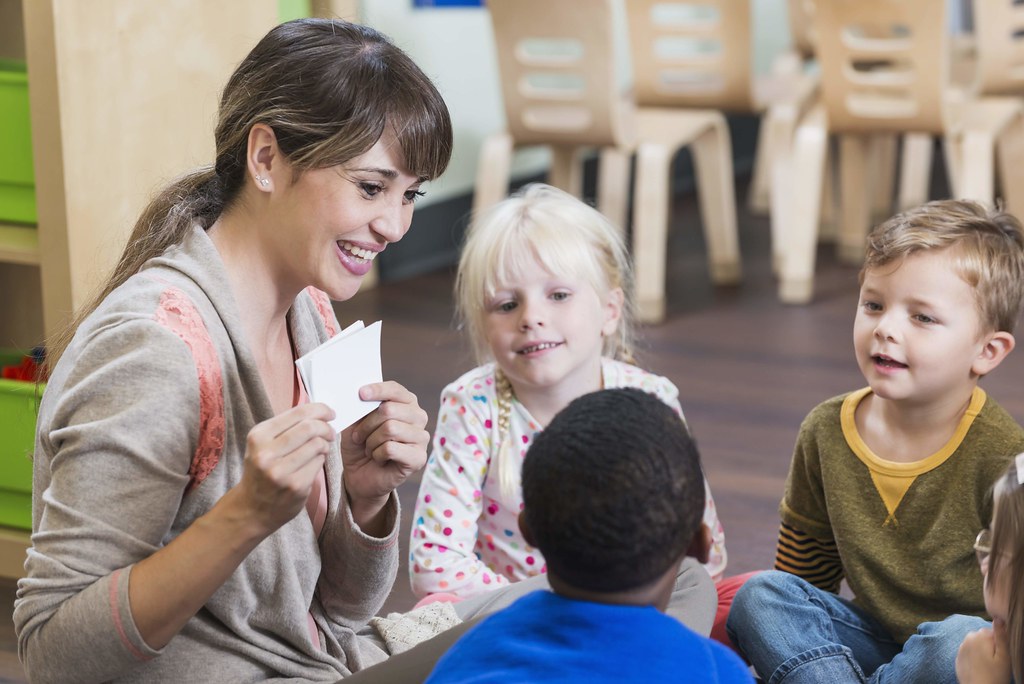
The Benefits of Active Recall and the Development of Flashcards
Flashcards are a widely used tool among students and instructors for effective teaching and learning. However, understanding the primary purpose behind creating flashcards can significantly enhance their utility. This post delves into the concept of active recall and its relationship with flashcard design.
Active Recall: What is it?
Active recall refers to the act of actively retrieving information from memory, a crucial aspect of effective learning and memory retention. Unlike passive review, active recall engages our brains in a way that strengthens our ability to remember information. It involves actively testing ourselves and attempting to recall what we have learned.
Research supports the efficacy of active recall in learning. A study published in the Journal of Applied Research in Memory and Cognition found that strategies like active recall, including the use of flashcards, significantly outperformed passive review methods.
The Evolution of Flash Cards
Flashcards have a rich history dating back centuries, primarily used for language instruction in the early 19th century. Modern flashcards, as conceptualized by American teacher Milton Erickson in the 1920s, have evolved into a versatile learning tool used across various subjects and educational levels.
The Role of Active Recall in Flashcards
Flashcards were specifically designed to facilitate active recall. Their purpose is to actively prompt our brains to recall information stored in memory. This process strengthens neuronal connections, making it easier to recall information in the future.
Advantages of Flashcards for Active Recall
Flashcards offer several advantages for active recall:
- Systematic Repetition: Flashcards facilitate repeated exposure to information, crucial for memory retention.
- Portability: Their compact nature allows for easy study sessions anytime, anywhere.
- Flexibility: Flashcards can be used in various ways, from simple question-and-answer sessions to interactive games.
- Customizability: They can be tailored to individual learning needs, focusing on specific areas for improvement.
- Interactivity: Flashcards engage learners, making the learning process enjoyable and engaging.
- Immediate Feedback: They provide instant feedback, helping learners assess their performance and identify areas for enhancement.
These advantages make flashcards an invaluable tool for active recall, benefiting learners of all ages.
Guidelines for Effective Flashcard Learning
To maximize the effectiveness of flashcards, consider the following tips:
- Simplicity: Keep flashcards focused on single questions or facts for optimal learning.
- Consistent Practice: Regular practice with flashcards reinforces memory retention.
- Variety: Use diverse formats and activities to keep learning engaging and dynamic.
- Personalization: Create flashcards tailored to your learning objectives and preferences.
- Visual Aids: Incorporate visuals like images to aid memory recall.
- Creativity: Use games and interactive methods to make flashcard learning enjoyable.
These strategies enhance the effectiveness of flashcards, particularly for preschoolers and young learners.
Other Active Recall Techniques
In addition to flashcards, other active recall methods can further reinforce learning and memory retention:
- Practice Exams: Testing oneself through practice exams enhances active recall and identifies areas for improvement.
- Spaced Repetition: Gradually revisiting material at intervals supports long-term memory retention.
- Mnemonics: Using mnemonic devices aids in remembering complex information through associations.
- Mind Mapping: Creating visual representations of information enhances understanding and memory.
Integrating these techniques alongside flashcards can provide a comprehensive approach to active recall and learning.
The Impact of Active Recall on Learning
Active recall plays a vital role in enhancing learning outcomes across various disciplines and skill sets. For preschoolers, active recall promotes language development, numeracy skills, and critical thinking, laying a strong foundation for lifelong learning success.
By incorporating active recall into daily routines and educational activities, parents can nurture essential cognitive skills and foster a love for learning in preschoolers.
Remember, while flashcards and active recall are powerful learning tools, they are most effective when combined with active participation, critical thinking, and varied learning experiences. Encourage a holistic approach to learning that encompasses diverse activities and promotes deeper understanding.


